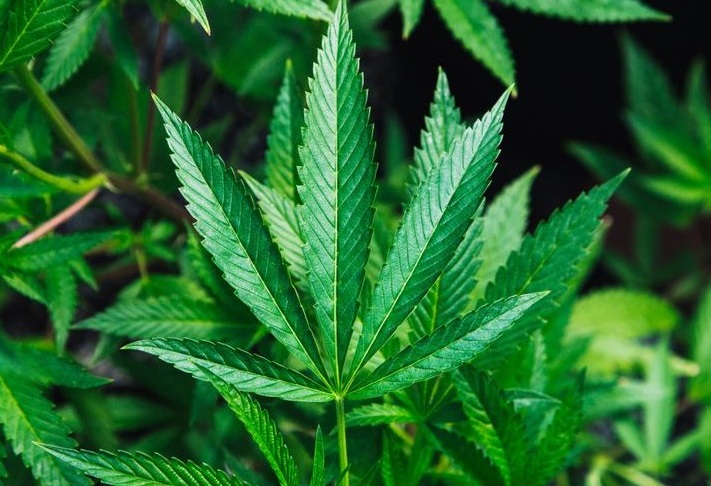Recent legislation at a glance…
- Pennsylvania “Clean Slate” Law: One year after its passage, the law to seal certain criminal records has taken effect. See our article “Pennsylvania “Clean Slate” Law Takes Effect in this issue of The TRU Report.
- Washington State Salary History Ban: Washington joins many states in prohibiting employers from asking or seeking a candidate’s prior salary history but surpasses other states by requiring that employers with 15 or more employees disclose pay information when applicants request it.
- Cincinnati Salary History Ban: Cincinnati, Ohio, passed a salary history ban in March.
- North Dakota Salary History Ban: Public employers are now banned from asking the salary question.
- New York State Salary History Ban Expected: The New York State legislature has sent salary ban legislation to Governor Andrew Cuomo for signature. The law will take effect six months after Governor Cuomo signs it, which he promises to do.
- Kansas City (Missouri) Salary History Ban to Take Effect: Employers with six or more employees will be prohibited from asking, or otherwise seeking, the salary question, effective October 31, 2019.
- Colorado Voting on Salary History Ban: The Colorado legislature has drawn an Equal Pay Bill, which includes a ban on employers seeking salary histories from job applicants, and requires that the employer list salaries on all job postings. The bill may be decided by Colorado voters in the 2020 general election.
- New Mexico Bans the Box: In April, New Mexico adopted statewide legislation prohibiting the salary history question in employment and prohibiting employers from asking applicants for information about a criminal record that has been sealed or expunged.
- Maine Salary History Ban: In April, the state joined the ranks of those banning salary history questions during employment interviews before making a job offer.
- North Carolina Salary History Ban: The state has enacted a law banning state agencies from requesting or obtaining salary information before an employment offer is made.
Marijuana Laws
Illinois Legalizes Marijuana for Recreational Use: On January 1, 2020, it will be legal for Illinois residents 21 and over to use and possess up to 30 grams of raw-form marijuana purchased from a state-licensed source. Use is restricted to private property, away from minors. Illinois joins 10 other states—Colorado, Washington, Alaska, Oregon, California, Maine, Massachusetts, Nevada, Michigan, and Vermont, as well as the District of Columbia.
Legalizing cannabis does not prevent employers in Illinois from implementing “reasonable” workplace policies against employee impairment at the workplace, on the job, or while on call, including the implementation of zero tolerance and “drug-free workplace” policies, as well as drug testing, should the employer have a “good faith belief” that the employee has used on the job. Penalties may include up to and including termination of employment for violations so long as they are applied in a nondiscriminatory fashion. While the law asserts to protect employers from litigation for exercising good faith anti-drug workplace policies, Illinois employers are strongly cautioned to consult their attorneys in this matter.
Ohio Medical Marijuana Law Becomes Operational: In January 2019, Ohio’s medical marijuana law took effect, making it one of 33 states to legalize medical marijuana. Employers are not required to accommodate employees who use medical marijuana and have within their discretion the right to establish workplace policies on drug use as they see fit. However, as always, legal consultation is essential!
New York City Bans Pre-Employment Marijuana Testing: In May 2020, it will become illegal for New York City employers to conduct drug testing for marijuana or THC as part of a pre-employment background screen. There are numerous exceptions to the ban, such as applicants for police officer, construction workers, commercial drivers, teachers, doctors and nurses, and so forth. Testing for jobs that fall under federal jurisdiction or federal contracts is also exempt from the law. Under this law, testing for other drugs for employment is permitted. While drug testing is typically performed in “panels” that include a range of drugs, TruView can provide drug tests that omit the marijuana component. Again, consult your attorney!
Nevada Bans Pre-Employment Marijuana Testing: Nevada recently became the first state to ban pre-employment drug testing for marijuana in most cases. Starting of January 1, 2020, it will be illegal for Nevada employers reject an applicant who tests positive on their pre-employment drug test. The new law exempts doctors, commercial drivers, police officers, firefighters, and so forth. Marijuana is the most commonly detected illegal drug in employment drug tests.




